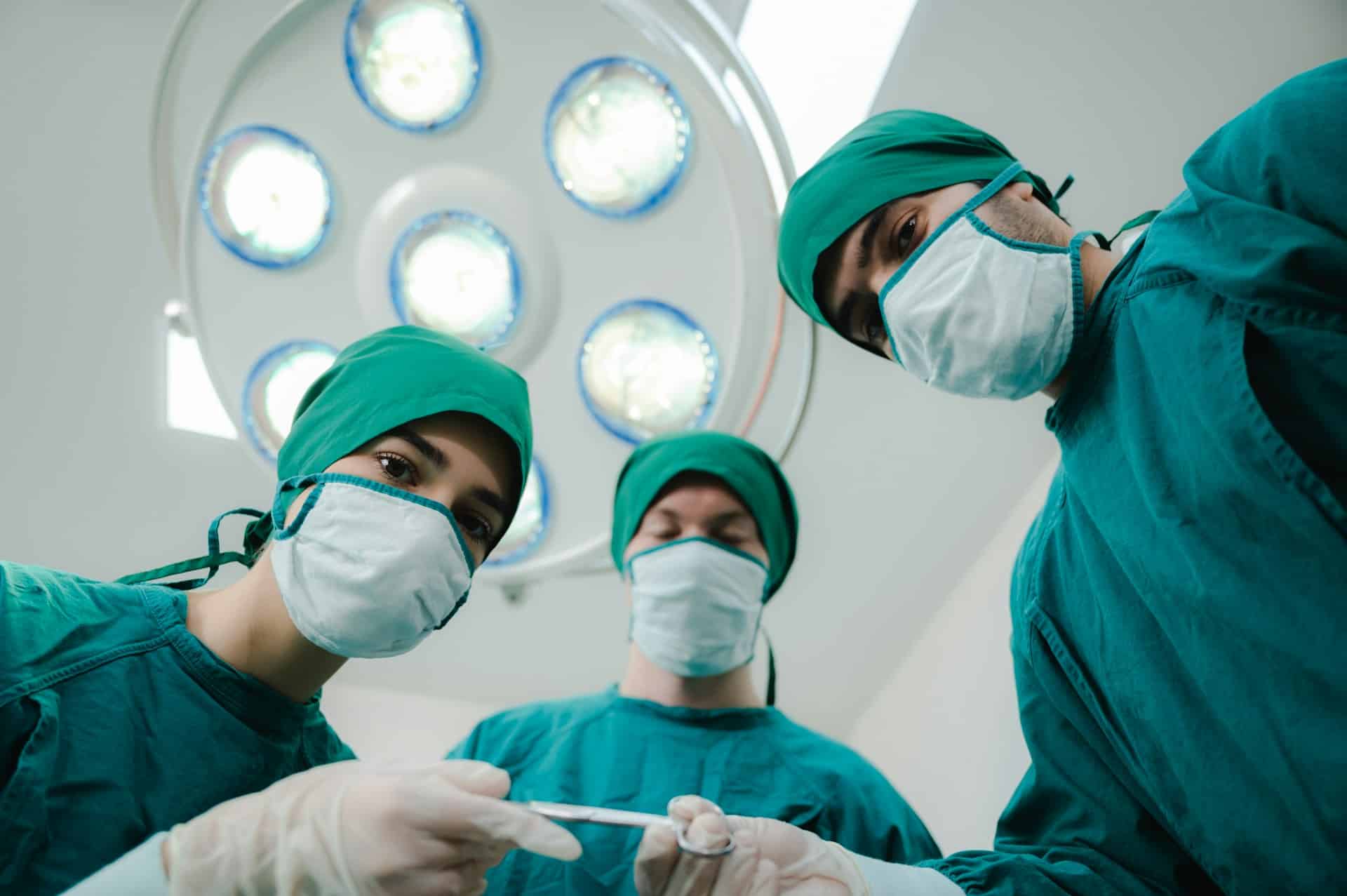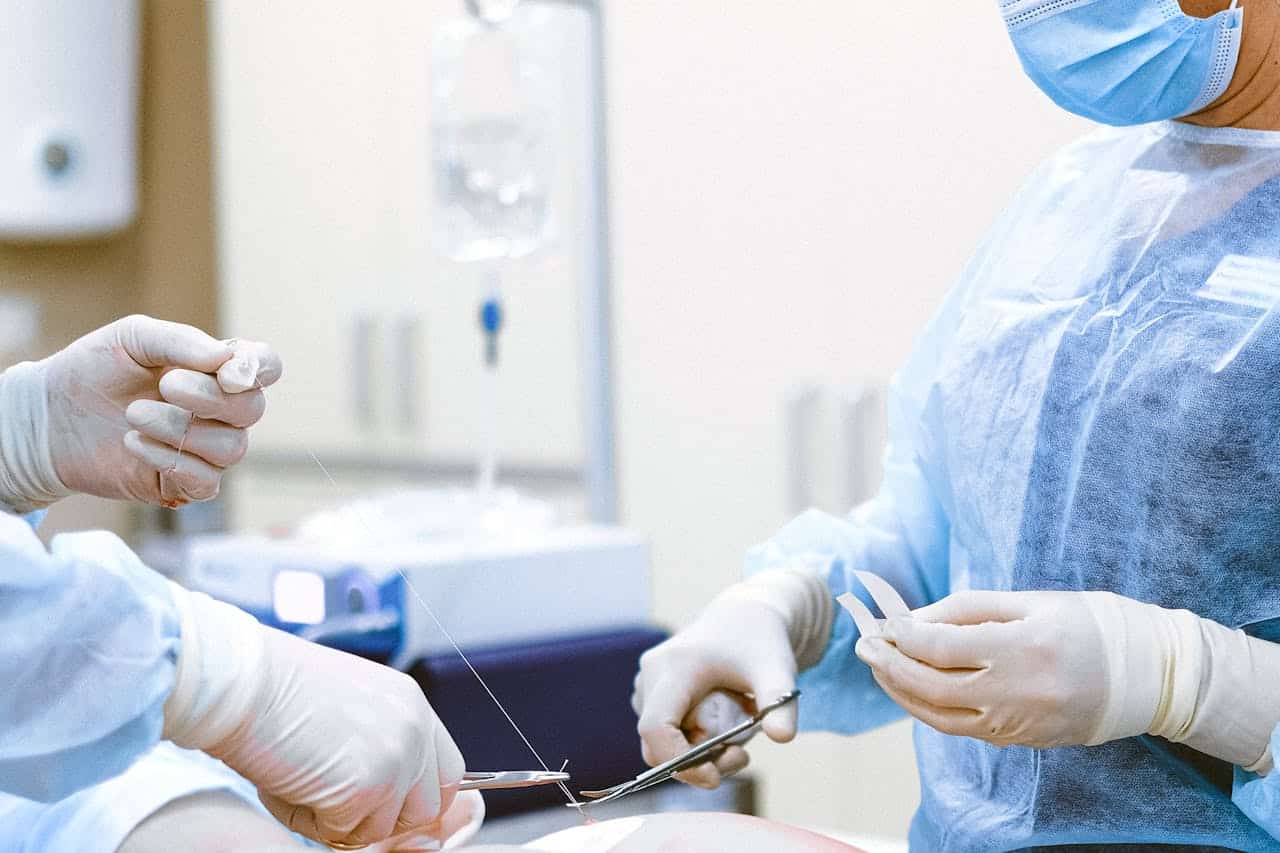When something goes wrong during hospital care, it can leave families with a flood of questions. A medical accident might mean the wrong medicine was given, a diagnosis was missed, or a delay in care caused more harm. These situations can happen even in good hospitals with experienced staff. But when a medical accident happens in a Tampa hospital, figuring out who is legally responsible is not always simple.
Understanding what went wrong is often just the beginning. Sometimes, the truth is buried in medical records, timing, and roles that are not clear right away. Other times, more than one person or part of the hospital may be involved. That is why knowing who may be liable matters so much. It helps families ask the right questions and decide what steps to take next.
Understanding Medical Accidents
Not every bad outcome in a hospital means a mistake occurred. Medical treatments always have some risks. A medical accident is different from a known risk because it involves something going wrong that probably should not have.
Some of the common hospital accidents include:
- Giving the wrong medication or wrong dosage
- Delayed treatment or taking too long to respond
- Surgical errors or operating on the wrong area
- Mixing up patient files or not tracking symptoms closely
Any of these can cause harm, but showing the incident was preventable takes careful review. Sometimes, a patient’s condition changes even when everything is done right. A bad result by itself does not always mean someone is at fault.
Who Might Be Responsible in a Hospital Setting
Hospitals seem like single organizations, but many people work inside them. Doctors, nurses, aides, therapists, and tech staff all play different roles, and sometimes those roles overlap. When a medical accident occurs, the responsibility might be on one person, a group, or the hospital as a whole.
In some cases, a specific provider may be responsible, such as a surgeon who missed a key detail or a nurse who did not follow up. In other situations, the hospital’s management could be responsible, for example, if staff were not properly trained or if equipment was not maintained.
Some hospitals use outside companies for certain services, like lab testing or pharmacy work. If an outside provider or partner makes a mistake, liability may rest with them rather than the hospital or its direct staff. That can make figuring out responsibility much more complicated for patients and families.
Greco, Wozniak & Ruiz-Carus, P.A. are experienced in cases where responsibility may be shared by multiple providers, common in large Tampa hospitals or clinics that use third-party support for lab or pharmacy work.
What Florida Law Says About Liability
Florida law has clear steps for holding someone liable after a medical accident. While the details can be complex, the basics are straightforward.
Liability usually requires proof that:
- The patient was owed a duty of care.
- The care provided fell below accepted medical standards.
- This lapse directly caused harm or death.
It is not enough for something to feel “off.” There needs to be a direct connection between what someone did (or did not do) and the patient’s injury or loss. This direct link is sometimes harder to prove when there are existing illnesses or when several people were involved in the care.
Law firms that handle these cases in Tampa often work with medical experts to review records and understand if the required proof can be shown for each part.
Why These Cases Can Be So Complicated
Untangling what happened during a hospital stay can require hundreds of pages of records and expert opinions. Tiny details and timing matter more than most people expect. For example, was the delay in care minutes or days? Did a forgotten detail actually make things worse?
When many providers are involved, the timeline and who made each decision can be hard to pin down. If a patient already had other medical problems, it can be difficult to separate what was caused by the accident from what was part of their pre-existing health.
Building a case might require several experts, each with experience in Florida hospital care, to connect the dots.
What Families in Tampa Should Know
If someone you love was injured or died after a hospital stay, there are some important limits under Tampa and Florida law. Not all family members can file a claim for a medical accident. Usually, only close relatives—like a spouse, parent for a minor child, or representative for the estate—are allowed to act. That means others, even if they helped with care, may not be included.
There are strict time limits for starting a claim. In many medical accident cases in Florida, you have just two years from when the problem was known or should have been discovered. Waiting too long can make legal action impossible, no matter how strong the case may seem.
This is why many Tampa law offices encourage families to gather records and ask questions while the details are fresh.
Knowing Where You Stand Brings Peace of Mind
A medical accident can leave anyone feeling overwhelmed or upset. In Tampa, understanding who might be legally responsible and how to act under Florida rules can reduce confusion and stress.
Learning the facts behind what happened and who may be liable may not always lead to court. Still, it helps families get answers and decide what steps, if any, should come next. Sometimes just knowing the facts and having clear information is the peace of mind families need after a difficult event.
Feeling uncertain after a loved one gets hurt at a Tampa hospital is completely normal. Sorting through dates, records, and reports can feel like too much, especially when the situation is still unfolding. Questions around a medical accident often come with a mix of emotion and confusion, and every detail matters. At Greco, Wozniak & Ruiz-Carus, P.A., we take time to listen and help families understand what next steps may make sense. When you’re ready, give us a call to talk it through.






